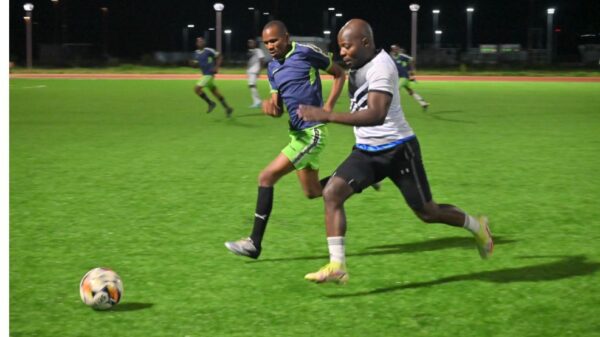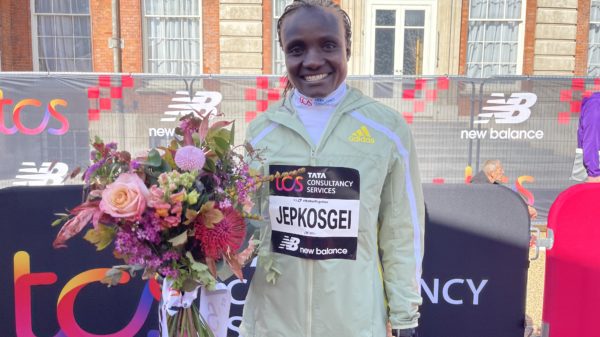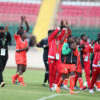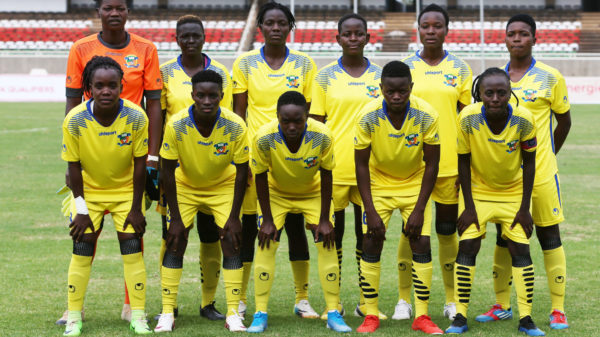NAIROBI, Kenya, October 30 – Kenyans have been encouraged to register in their thousands for the World Aids Day Half Marathon, set for December 1.
National Syndemic Diseases Control Council (NSDCC) CEO Ruth Masha says the race provides a great platform to heighten the war against HIV and AIDS especially among men and boys.
“One of the things that unite this country is sports and every time there is a race anywhere in the world, we always come together in unity…and what we are calling for this time round is unity of purpose. For us to unify, we want to run because this is what we know best. This (athletics) is what we are known for as a country so we are using our heritage as a platform to educate people but also to have fun,” Masha said.
The race seeks to create awareness on the need for early diagnosis and treatment to reduce AIDS-related deaths among men and boys in Kenya.
Masha reiterated NSDCC’s desire to rope in the Kenyan boychild as active participants in the fight against the ‘Triple Threat’ of new HIV infections, unintended pregnancies, and sexual and gender-based violence (SGBV).
She posited that sports, being a language that unifies many Kenyan men, provides the best chance to call them to attention.
“We need to bring out the message on the need to move faster. We do not want people to be just bystanders. We don’t want complacency…we don’t want to point fingers. We don’t want to say it is okay for defilers to walk away scot free. We don’t want to see the cases of new HIV infections. We want everyone to embrace this fight,” the CEO said.
Masha bemoaned that the boychild is lagging behind in the fight against the scourge even as their female counterparts make progress.
“We have themed it ‘the race against time’ and we have dedicated it to promoting the health and wellbeing of men and boys. This is based on the evidence we have that while we making progress with women, we are lagging behind with the men and children. We are losing a lot of men to HIV-related complications because they do not undertake early diagnosis and when they do they face challenges of mental health such that many end up in drug and substance abuse,” she explained.
Call to Kenyan athletes
Speaking at the same time, Women Fighting Against AIDS in Kenya (WOFAK) CEO Dorothy Onyango urged Kenyan athletes to turn up on December 1 for the half marathon.
She said these athletes can be good ambassadors for the campaign.
“They can be our number one champions. Even marathoners can get infected by HIV. I want them to be our champions and talk to Kenyans…talk to men and ensure that this message reaches as many people as possible. They should try and champion this cause whenever they go to run out there and help reduce the scourge,” Onyango said.
According to the latest data from the Ministry of Health, cases of AIDS-related deaths in the last 10 years have reduced by 68 per cent from 58,446 in 2013 to 18,473 in 2022.
Furthermore, new infections have dropped from 101,448 in 2013 to 22,154 in the same period.
Nonetheless, much work still remains if Kenya is to end the epidemic by 2030.
























































